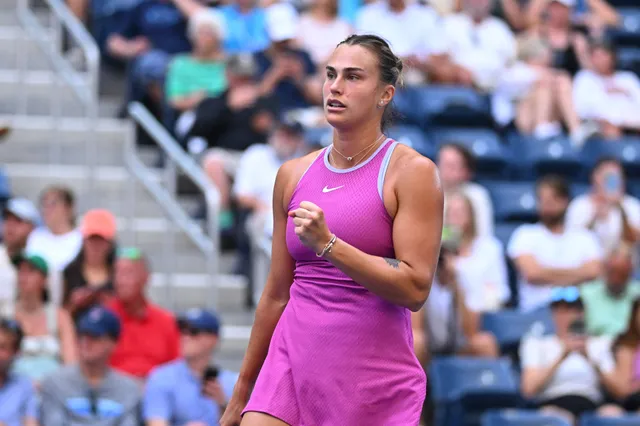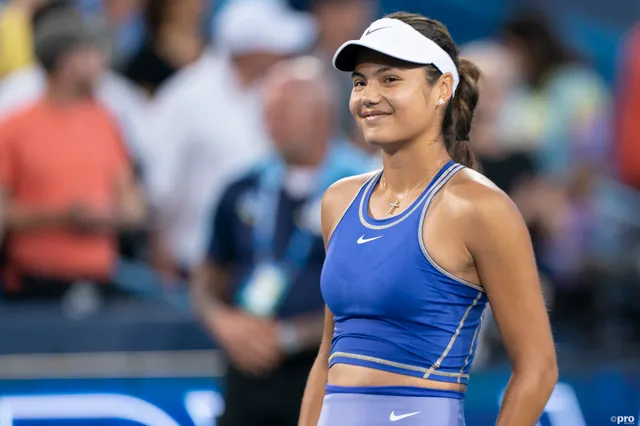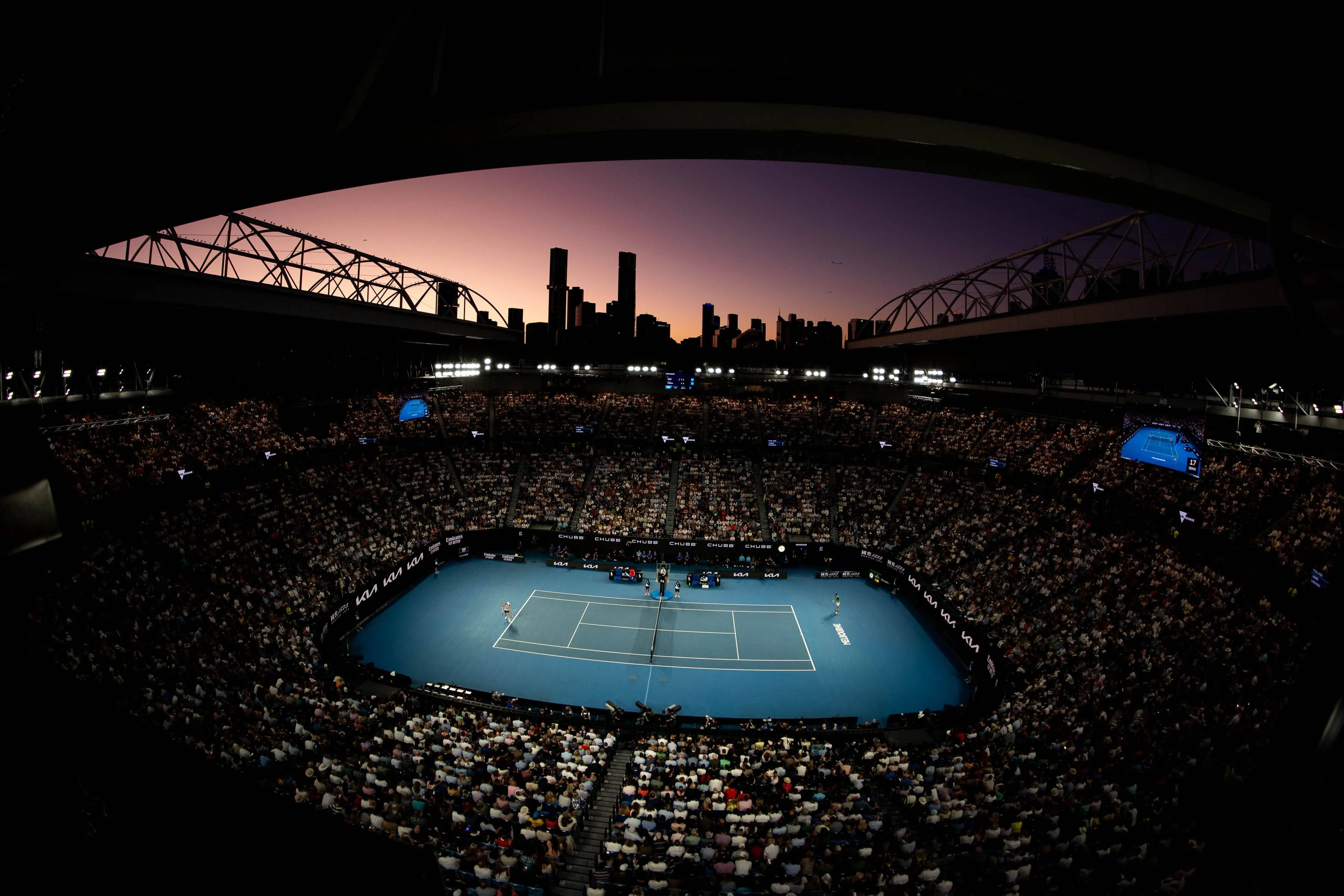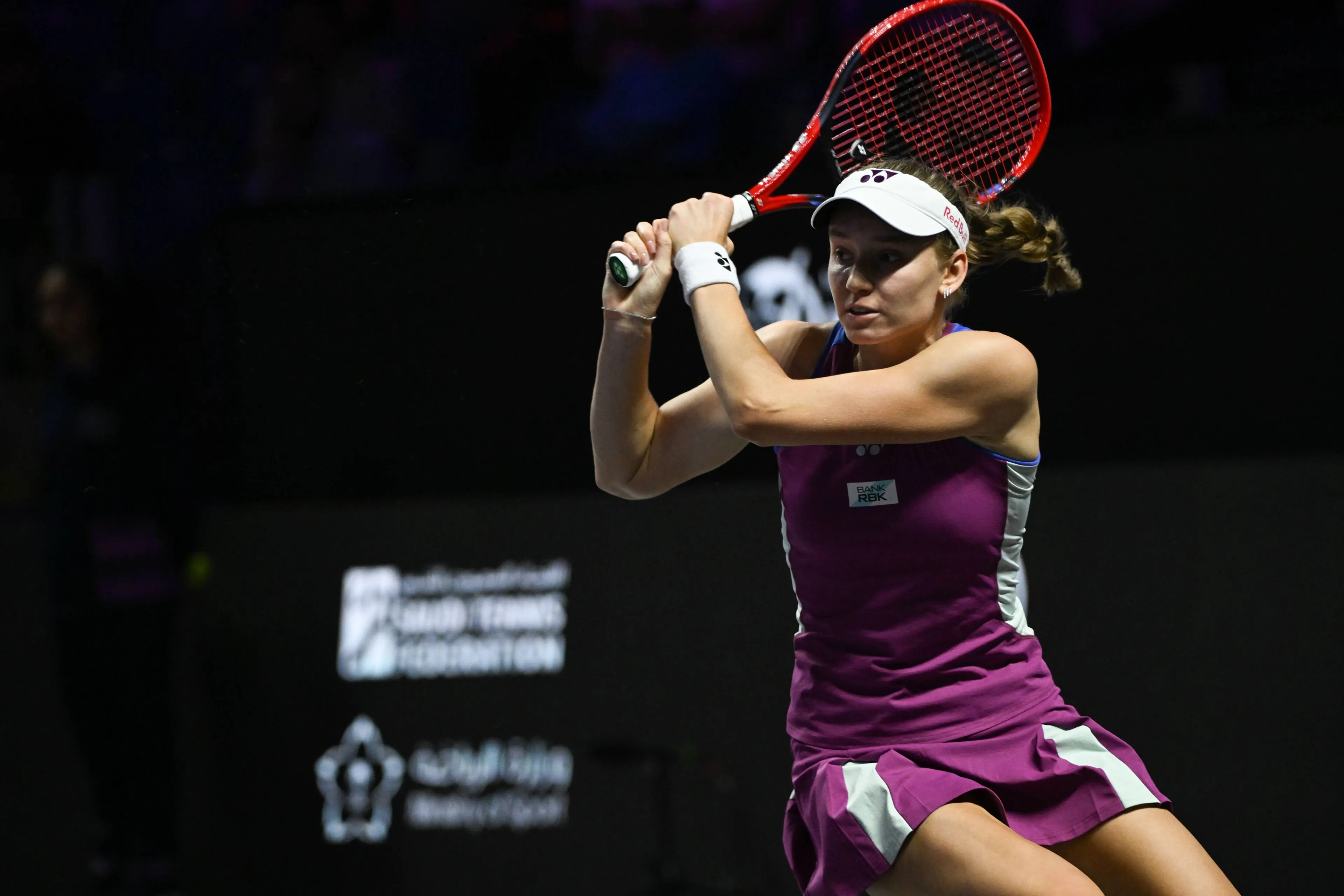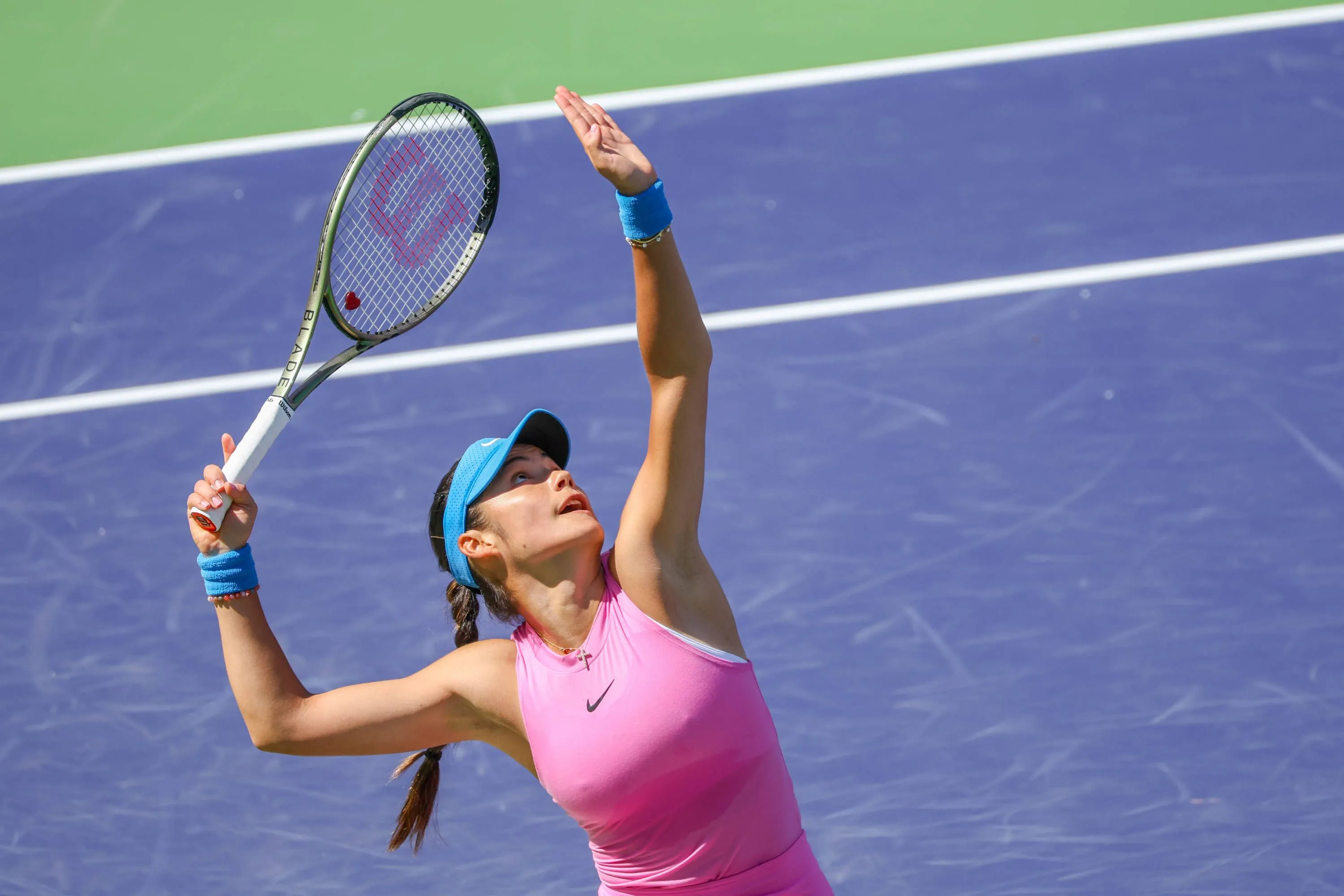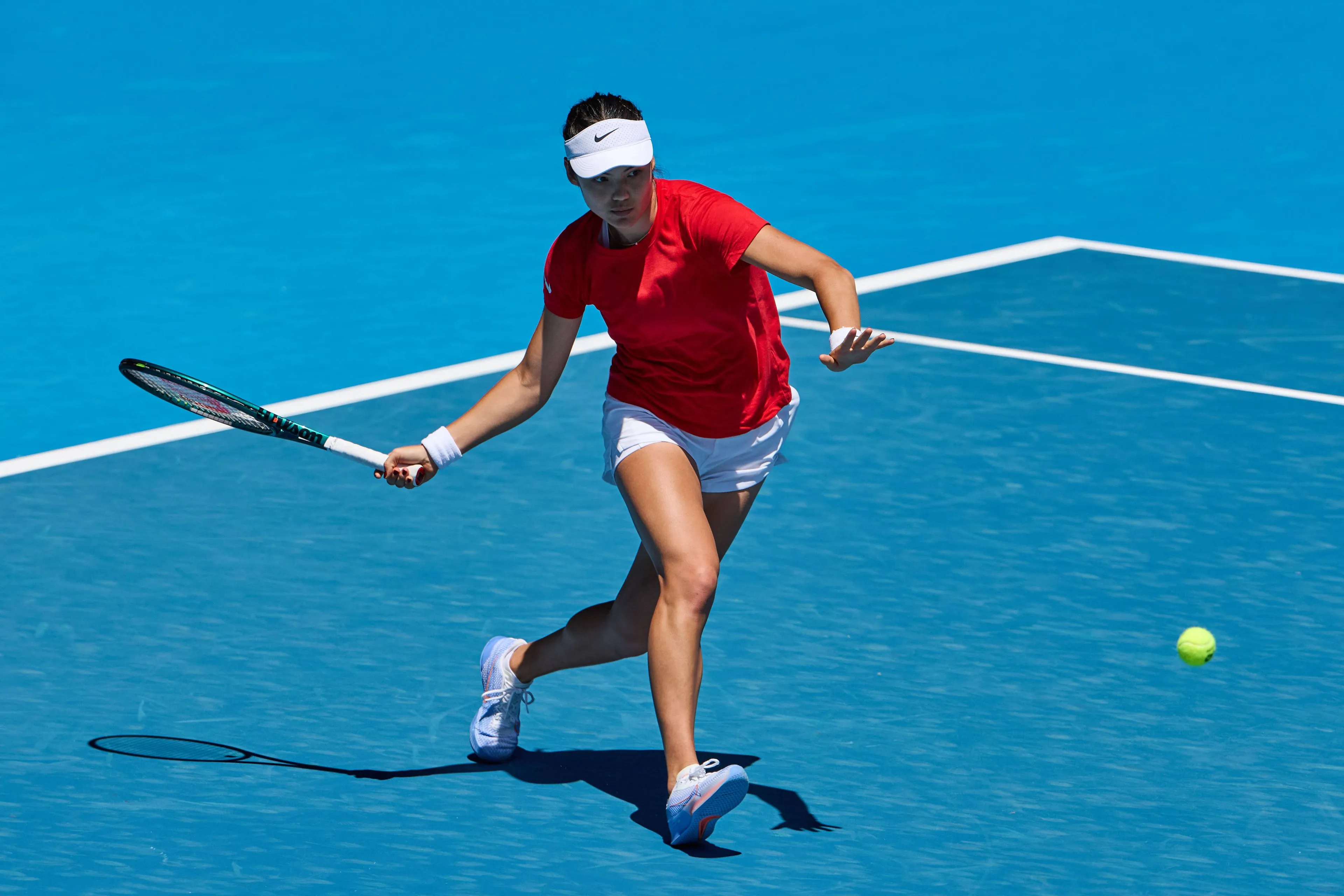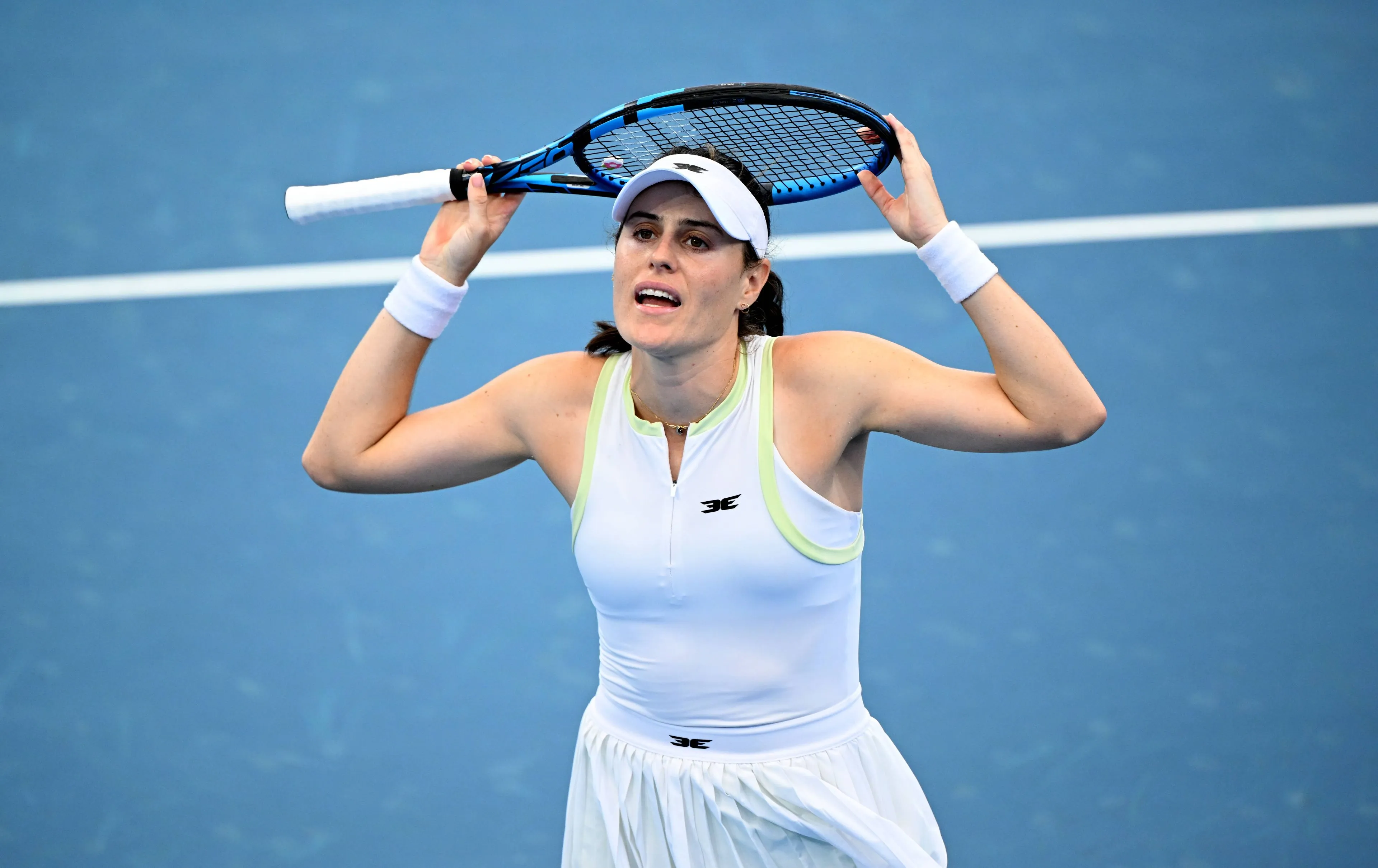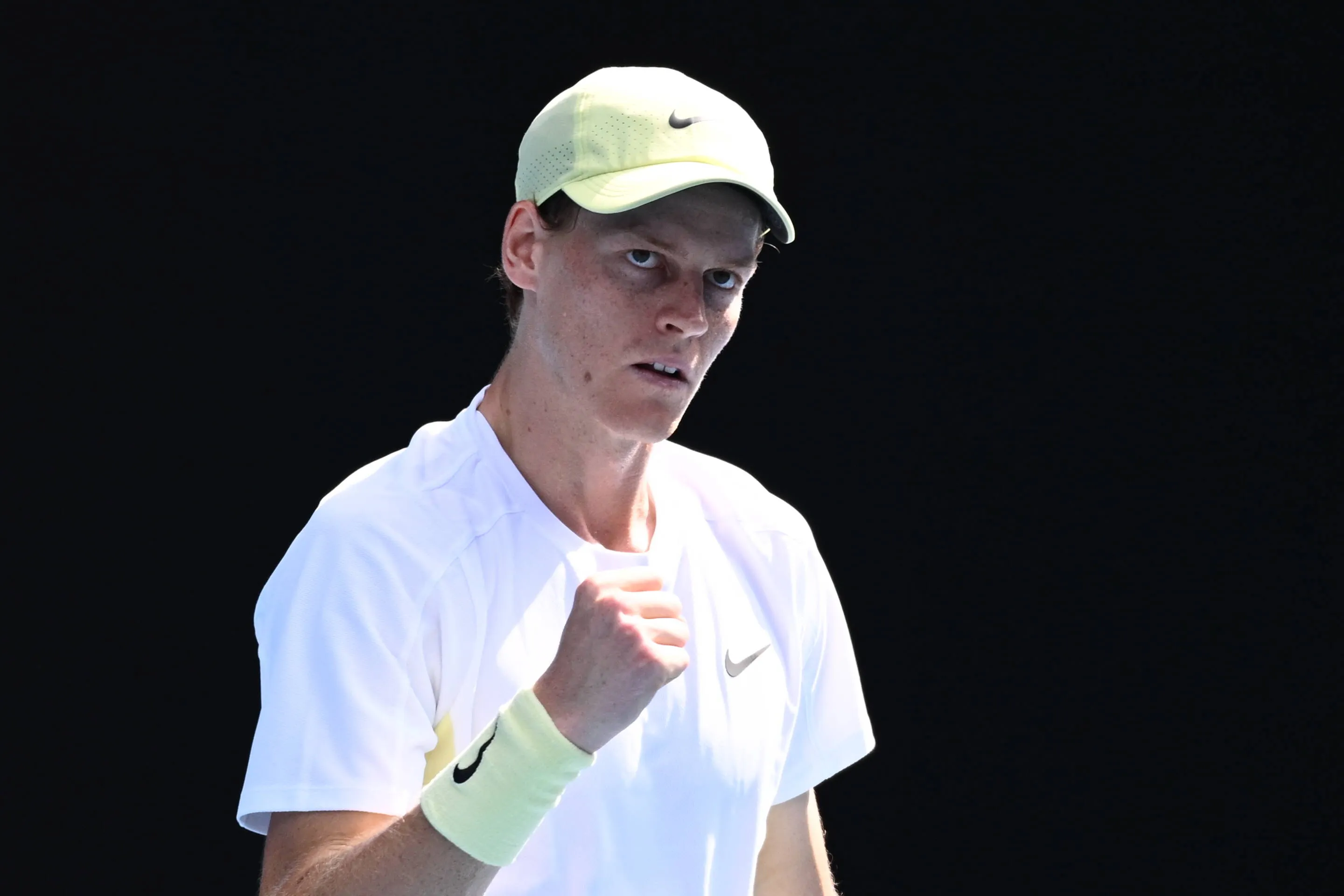Disaster in Seoul: Swiatek withdrawal leaves draw without Top-10
WTA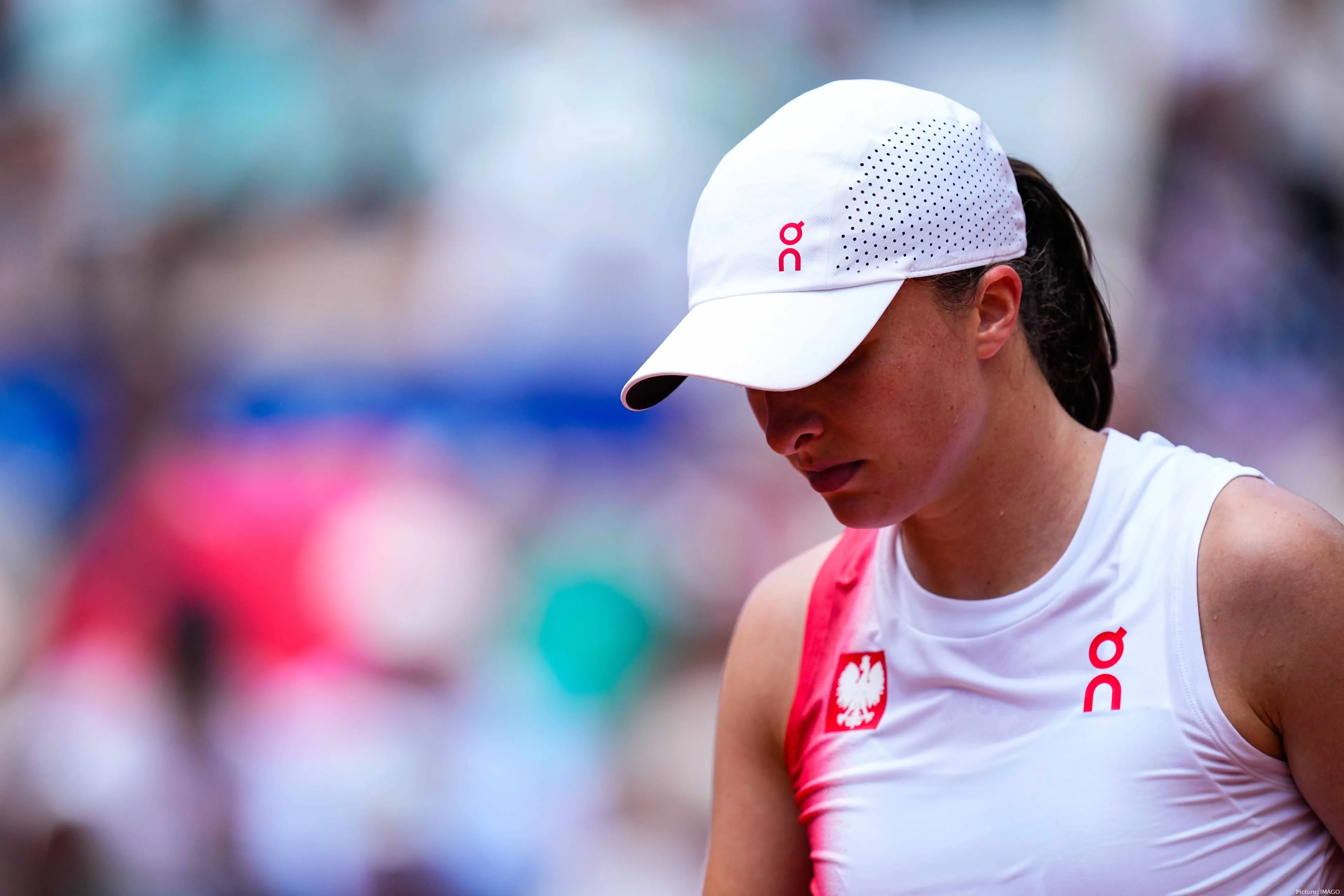
Iga Swiatek is the latest confirmed withdrawal from the WTA 500 Korea Open. The tournament, which kicks off the Asian swing on September 16, had initially announced a star-studded draw featuring nine players from the top-20. However, the world No. 1 cited fatigue as the reason for her withdrawal, leaving the tournament without a top-10 player.
Recent days have seen a wave of withdrawals. It was recently announced that Jessica Pegula (No. 3) would not compete due to a rib injury, and her compatriot Emma Navarro (No. 8) withdrew due to scheduling changes.
Former Wimbledon champion Elena Rybakina (No. 4) has also withdrawn, citing a back injury, as well as former world No. 1 Karolina Pliskova, who suffered a foot injury, ruling her out of the first Asian tournament of the season.
The Korea Open, which begins on Monday, was upgraded from a WTA 250 event to a WTA 500 event this year, increasing the total prize money from $260,000 to $1 million. Unfortunately, only five players from the top-20 and six from the top-30 remain in the draw. The top seed will now be Daria Kasatkina (No. 13), followed by Liudmila Samsonova (No. 15), Diana Shnaider (No. 16), and Beatriz Haddad Maia (No. 17).
Read also
Swiatek cites fatigue
The Polish player will have to wait until the China Open, starting on September 23, for her return to the courts, marking her first tournament since the US Open. Swiatek was eliminated in the quarterfinals there and is taking time to recover energy for the final stretch of the season.
Swiatek holds a 54-7 record this season, which extends to 59-8 when including the Olympic Games, where she won the bronze medal. The 5-time Grand Slam champion recently criticized the WTA schedule: "The season is definitely too long. I think it's something that needs to change; it will also be better for the fans. That way, they won't see their favorite players retiring or getting injured so much. We can deliver better quality."
Read also
"Since last year, I noticed that we have no influence on what happens. They changed the rules without us knowing anything. They changed the rules about mandatory tournaments and then showed them to us. We tried to talk, but we have no impact. Our sport is going in the wrong direction because of these things."
Just In
Popular News
Latest Comments
- Danielle Collins is so ignorant, until it is a shame. That is the reason why she cannot have kids. She doesn't deserve any.crissy12-01-2025
- "Attacked"?? Really?
 mandoist11-01-2025
mandoist11-01-2025 - Dior products don't look right in Emma's used Dacia Sandero
 mandoist11-01-2025
mandoist11-01-2025 - I hear Vukov will be hiding in a Kangaroo's pocket and pass through security.
 mandoist10-01-2025
mandoist10-01-2025 - Facebook-ski
 mandoist10-01-2025
mandoist10-01-2025 - RaduWon'tDu withdraws in 3... 2... 1...
 mandoist10-01-2025
mandoist10-01-2025 - Dude, get her some professional help before you leave.
 mandoist07-01-2025
mandoist07-01-2025 - Bublik, I am right there with ya. Retire with a bang!Rapunzel07-01-2025
- HEY!! That's Raducanu's line! You don't to be her, do ya?
 mandoist05-01-2025
mandoist05-01-2025 - Gauff has no pride just by showing up there.crissy05-01-2025
